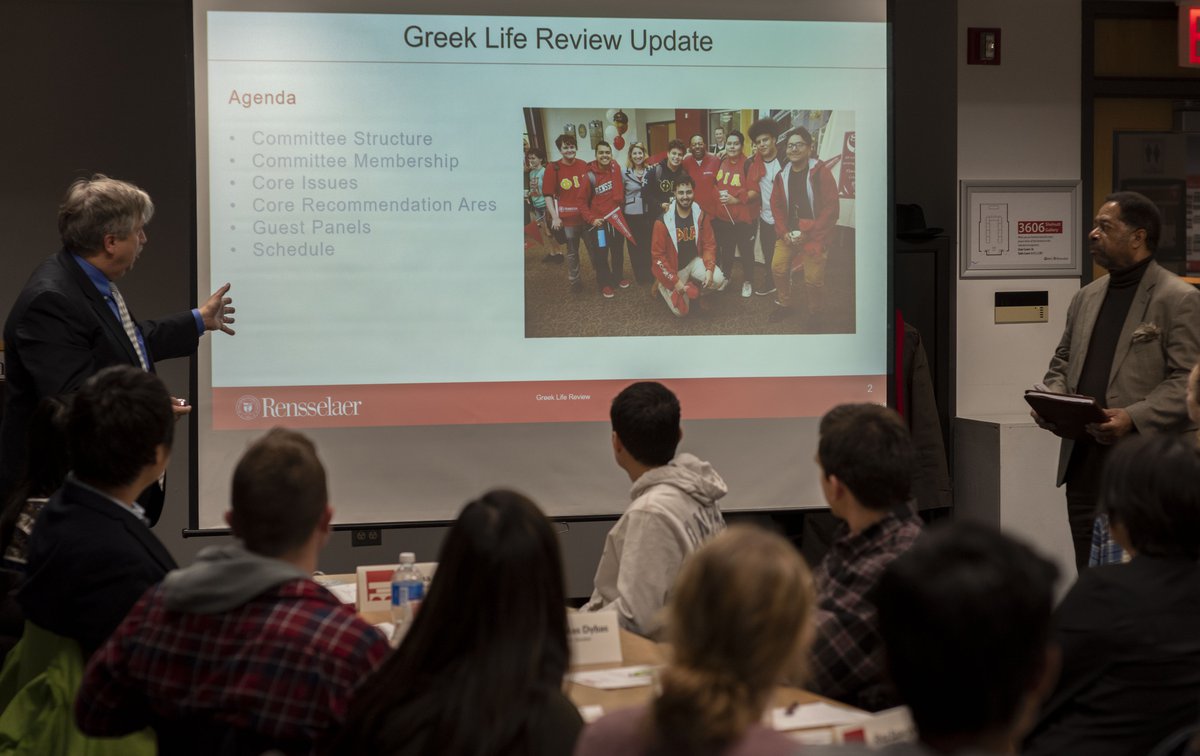How hedonism can make you happier
Life sucks. You will go through pain, you will make mistakes, and you will go through times where nothing seems fair and you just want to lay in bed and feel sorry for yourself. And I’m sorry to say that I have no advice for how you can stop this inevitability. Dating that one person, getting that one dream job, or doing that one thing you always wanted to do will not make you a happy person.
But, most of you know this already—if somehow you’ve managed to get this far in your life without coming to terms with this fact, I’m sorry. I won’t belabor this point, instead I will focus on my current understanding and how I deal with it. To put it shortly, I’m an advocate for hedonism.
Hedonism often conjures up images of wild orgies, substance abuse, frivolous spending habits, and general debauchery, but this doesn’t have to be the case. The type of hedonism I’m suggesting is one devoid of these stereotypes, oftentimes called responsible hedonism.
Responsible hedonism is rooted in the ancient Grecian philosophy of Epicureanism. Epicurus claimed that life was full of pain and that the key to living a happy life is to avoid that pain at all costs by being honest with yourself about what makes you happy. He called this “avoidance of pain,” ataraxia. Epicurus believed that living a fulfilling life was about living pleasurably, but that all pleasures were not equal.
There are the higher pleasures and lower pleasures. Higher pleasures are ones which never wane in their ability to please; Epicurus claimed that these higher pleasures were rooted in intellectualism and the aesthetic. Have some friends who you can talk to, do some small things which you see improve the livelihoods of those in your community, and take some time to relax and think about the way you are living life—you might call this meditation. The pleasure of talking to people you care about, the gratification you get from doing something for someone else, and the wisdom you attain through self-contemplation are pleasures which—while they may take work—will reward you regardless.
On the other hand are the pleasures which are most often associated with hedonism. The lower pleasures are carnal and will eventually turn sour and detract from your happiness; these things include overindulgence in food, sex, power, and drugs. Once again, I will try to avoid being trite by explaining why these things will often come back to hurt you as most people have come to this understanding through experience. Epicurus claimed that by following those higher intellectual pleasures and by abstaining from indulging in too many carnal pleasures, we can avoid pain and be happier.
Epicurus’s system of happiness is definitely not perfect. I would argue that some of my most pleasurable moments have arisen from overcoming pain and adversity. Sadness and pain are signs that something good has ended; the only way you can feel pain is if something you cared deeply for has ended. If you were to follow Epicurus’s doctrine to the fullest degree, you might find yourself having never lived a fulfilling life.
But regardless of my qualms with Epicurus, his value system shouldn’t be ignored. When you find yourself feeling sad, take some time to evaluate if what you’ve been doing is going to let you avoid future pain. Do your work early because pushing it off to another time will not make it suck any less. Go to school because, even though it may suck now, you know that it’ll make you smarter and more comfortable later in life. Hang out with your friends and talk to them more about the things you find important because it’s the connections you make with people that really matter in the end.

 Student Senate
Student Senate
 Student Senate
Student Senate
 Editorial Notebook
Editorial Notebook